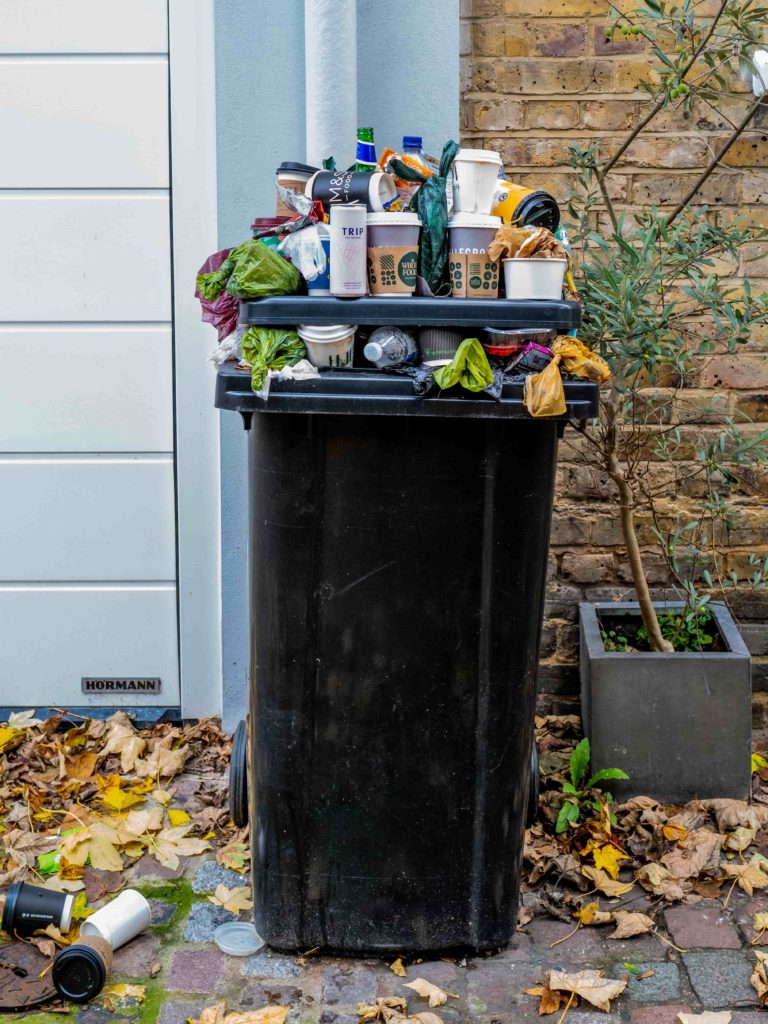
On one hand, the consequences for the environment caused by the production of food must be considered. Here, for example, the CO2 emissions in production or through long supply chains play a role. If, in addition, more is produced than can ultimately be recycled, the environmental impact increases quite unnecessarily.
Furthermore, from a moral point of view, it is difficult to understand why masses of food end up in the trash on one hand, while on the other hand they are urgently needed (e.g. as donations). This applies in particular in the current inflation times, which led to a strong increase in use of food banks: According to a report by the ZDF, there was a 50 percent increase in food bank users over the course of the year 2022; a third of local food banks even had to temporarily stop taking more people.

Although there is a clear need for action on the part of supermarkets, one should keep in mind that food sale and retail are not the biggest contributor to waste. According to the figures from the German Federal Statistical Office quoted at the beginning of this article, the former only contributes 7%, while food production, for example, generates 15% of waste and 17% comes from restaurants and other catering establishments. However, private households remain the largest source of food waste, accounting for 59%….



